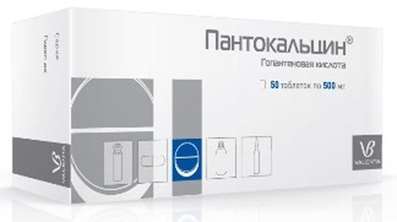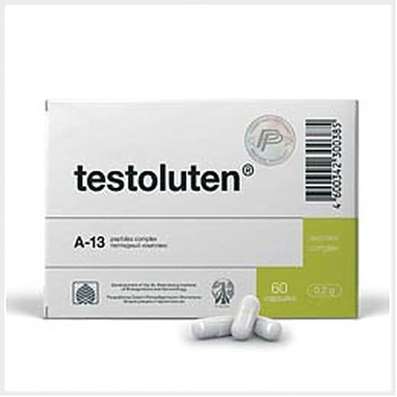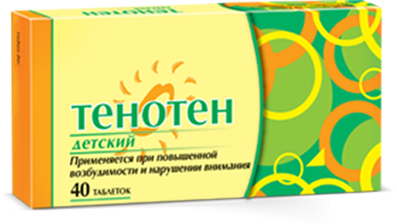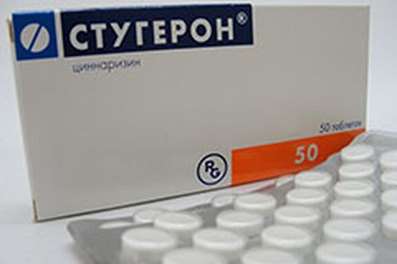Instruction for use: Spongia Meturacolum
I want this, give me price
Dosage form: Sponge for topical use
Active substance: Dioxomethyltetrahydropyrimidinum
ATX
D11AX Preparations for the treatment of skin diseases other
Pharmacological group
Regenerants and reparants
The nosological classification (ICD-10)
L87 Transepidermal perforations
T14.0 Superficial injury of unspecified area of the body: Abrasions; Scratch; Skin Wounds; Wounds of soft tissues; Hematoma; Hematoma of traumatic origin; Hematomas; Hematomas of muscles; Hematomas of soft tissues; Healing of the skin; Bruise; Bruising due to sprains and bruises; Microtrauma; External bruises; Small combing; Superficial hematoma; Superficial damage to the skin and mucous membranes; Subcutaneous hematoma; Post-traumatic hematoma; Post-traumatic disturbance of microcirculation; Skinness of the skin; Traumatic plexus lesions; Injury; Contusion of soft tissues; Joint bruise; Traumatic bruises; Traumatic injury; Primary treatment of surface contaminated wounds; Abrasion; Bruise
T14.1 Open wound of unspecified body region: Secondary healing processes; Sluggishly granulating wounds; Sluggishly healing wounds; Sluggish wounds; Deep Wounds; Purulent wound; Granulating wounds; Prolonged non-healing wound; Long-lasting non-healing wound and ulcer; Long-lasting non-healing soft tissue wound; Healing of wounds; Wound healing; Capillary bleeding from superficial wounds; Bleeding wound; Radiation Wounds; Slowly epithelializing wounds; Minor cuts; Suppurated wounds; Violation of wound healing processes; Breach of skin integrity; Violations of the integrity of the skin; Violations of the integrity of the skin; Small cuts; Uninfected wounds; Uncomplicated wounds; Operating wound; Primary treatment of surface contaminated wounds; Primary wound treatment; Primary-delayed treatment of wounds; Poorly cicatrizing wound; Poor wound healing; Bad wound; Superficial injury; Superficial wound with mild exudation; Wound; The wound is large; Bite wound; Wound process; Wounds; Wound healing wounds; Stump Wounds; Wounds for gunshot; Wounds with deep cavities; Difficult healing wounds; Difficult wounds; Chronic Wounds
T30 Thermal and chemical burns of unspecified site: Pain syndrome with burns; Pain in burns; Pain with burns; Sluggishly healing post-burn wounds; Deep burns with a wet scab; Deep burns with abundant compartments; Deep burn; Laser burn; Burn; Burn of rectum and perineum; Burn with mild exudation; Burn disease; Burn injury; Superficial burn; Superficial burn of I and II degree; Superficial skin burns; After-burn trophic ulcer and wound; Post-burn complication; Loss of fluid in burns; Sepsis burn; Thermal burns; Thermal skin lesions; Thermal burn; Trophic after-burn ulcers; Chemical burn; Surgical burn
Composition and release form
Sponge in the form of sterile plates measuring 90x90 mm; In a sterile sealed package 1 pc., In a box of 10 packages. 1 g of dry sponge contains methyluracil 0.05 g and dry collagen or collagen mass up to 1 g.
Characteristic
Small-porous dry plates of white color, insoluble in cold water and organic solvents, swell in hot water.
Pharmachologic effect
Mode of action - Anti-inflammatory, wound-healing, adsorptive.
Indications of the drug Spongia «Meturacolum»
Sluggishly granulating wounds and ulcers of various origins, superficial skin burns.
Contraindications
Hypersensitivity, the presence of excess granulation in the wound.
Side effects
Pain in the wound due to its contraction during the drying of the sponge (in these cases the sponge, without removing, should be moistened with a solution of furacilin or 0.25% solution of novocaine), allergic reactions.
Dosing and Administration
Locally, after treatment of the wound with solutions of antiseptics and removal of the remains of necrotic tissue, the sponge is tightly applied, taking 1-1.5 cm beyond the wound and fixed with a bandage. In the presence of purulent discharge it is recommended to combine with antiseptic solutions (for example, dioxidine), moistening them with a sponge. The frequency of dressings depends on the depth and area of the wound surface, the intensity of exudation and the presence of necrotic masses. The dressing is recommended to be changed once in 2-3 days, because During this period, the sponge is completely lysed. If the sponge did not resolve and there are no indications for bandaging (pain, burning sensation in the wound area, accumulation of purulent exudate, allergic reactions), it is not removed until the wound is completely healed or filled with granulation tissue to the full depth.
Storage conditions of the drug Spongia «Meturacolum»
In a dry, dark place at a temperature of 10-30 ° C.
Keep out of the reach of children.
Shelf life of the drug Spongia «Meturacolum»
4 years.
Do not use after the expiry date printed on the package.

 Cart
Cart





